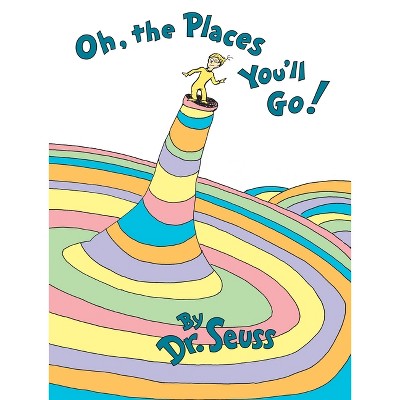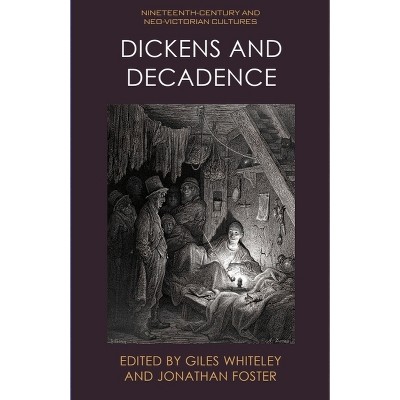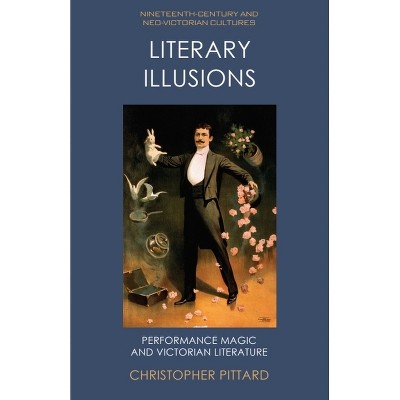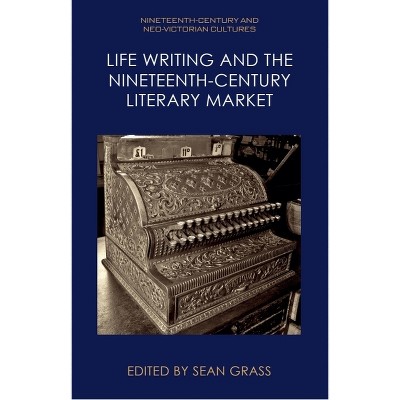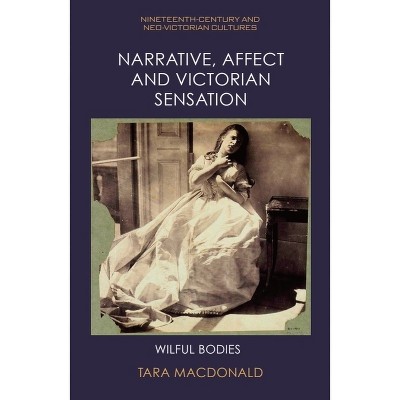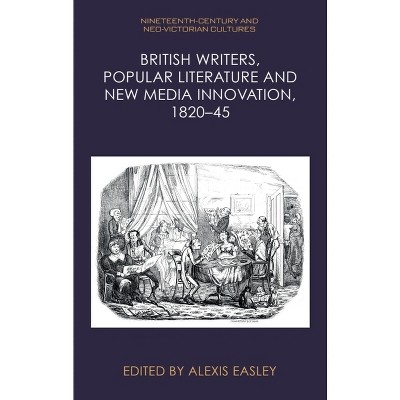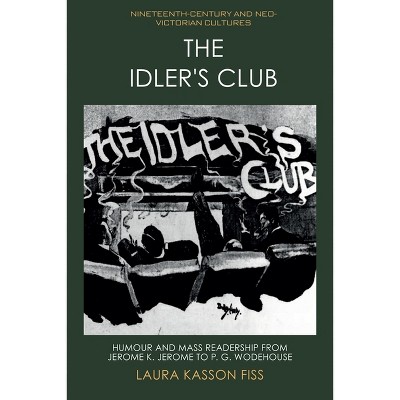Assessing Intelligence - (Nineteenth-Century and Neo-Victorian Cultures) by Sara Lyons (Paperback)

About this item
Highlights
- How did Victorian novelists engage with the new theories of human intelligence that emerged from late nineteenth-century psychology and evolutionary science?
- About the Author: Sara Lyons is a Senior Lecturer in Victorian Literature at the University of Kent.
- 296 Pages
- Literary Criticism, European
- Series Name: Nineteenth-Century and Neo-Victorian Cultures
Description
About the Book
Examines how novelists engaged with the emergence of the IQ concept of intelligence and the meritocratic idealBook Synopsis
How did Victorian novelists engage with the new theories of human intelligence that emerged from late nineteenth-century psychology and evolutionary science? Assessing Intelligence traces the genealogy of the modern concept of IQ. It examines how five writers - George Eliot, Thomas Hardy, Henry James, HG Wells and Virginia Woolf - used the bildungsroman, or the novel of education, to wrestle with the moral and political implications of the IQ model of intelligence and the fantasies of meritocracy it provoked. Drawing upon the work of Michel Foucault and Jacques Rancière, Sara Lyons argues that Victorian and Edwardian novelists were by turns complicit in the biopolitics of intelligence and sought radical ways to affirm the equality of minds.From the Back Cover
Examines how novelists engaged with the emergence of the IQ concept of intelligence and the meritocratic ideal How did Victorian novelists engage with the new theories of human intelligence that emerged from late nineteenth-century psychology and evolutionary science? Assessing Intelligence traces the genealogy of the modern concept of IQ. It examines how five writers - George Eliot, Thomas Hardy, Henry James, HG Wells and Virginia Woolf - used the bildungsroman, or the novel of education, to wrestle with the moral and political implications of the IQ model of intelligence and the fantasies of meritocracy it provoked. Drawing upon the work of Michel Foucault and Jacques Rancière, Sara Lyons argues that Victorian and Edwardian novelists were by turns complicit in the biopolitics of intelligence and sought radical ways to affirm the equality of minds. Sara Lyons is a Senior Lecturer in Victorian Literature at the University of KentReview Quotes
This is an outstanding work of scholarship. It is very unusual to read an argument so rigorously and thoroughly grounded in the relevant contexts - here, in particular, the history of science - that also demonstrates such sensitive and perceptive close reading. Assessing Intelligence illuminates every literary text it discusses.
--Simon J. James, Durham UniversityIn Assessing Intelligence Sara Lyons offers an excellent example of contextual criticism done right. The book is a thoroughly persuasive, nuanced, and meticulously researched exploration of the Victorian novel's complex relationship with the evolving scientific and popular discourses around the concept of intelligence.--Aleksandar Stevic, Lingnan University "Modern Philology"
About the Author
Sara Lyons is a Senior Lecturer in Victorian Literature at the University of Kent. She is the author of Algernon Charles Swinburne and Walter Pater: Victorian Aestheticism, Doubt, and Secularisation (Legenda, 2015) and various journal articles and book chapters on nineteenth-century literature and culture. Between 2017 and 2019, she was the Principal Investigator on an AHRC-funded project entitled 'Literary Culture, Meritocracy, and the Assessment of Intelligence in Britain and America, 1880-1920'. This book is a product of that project.
Shipping details
Return details
Trending Fiction

